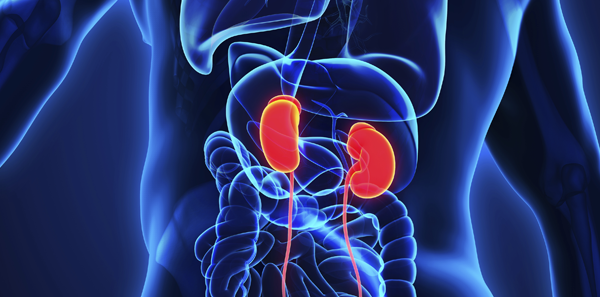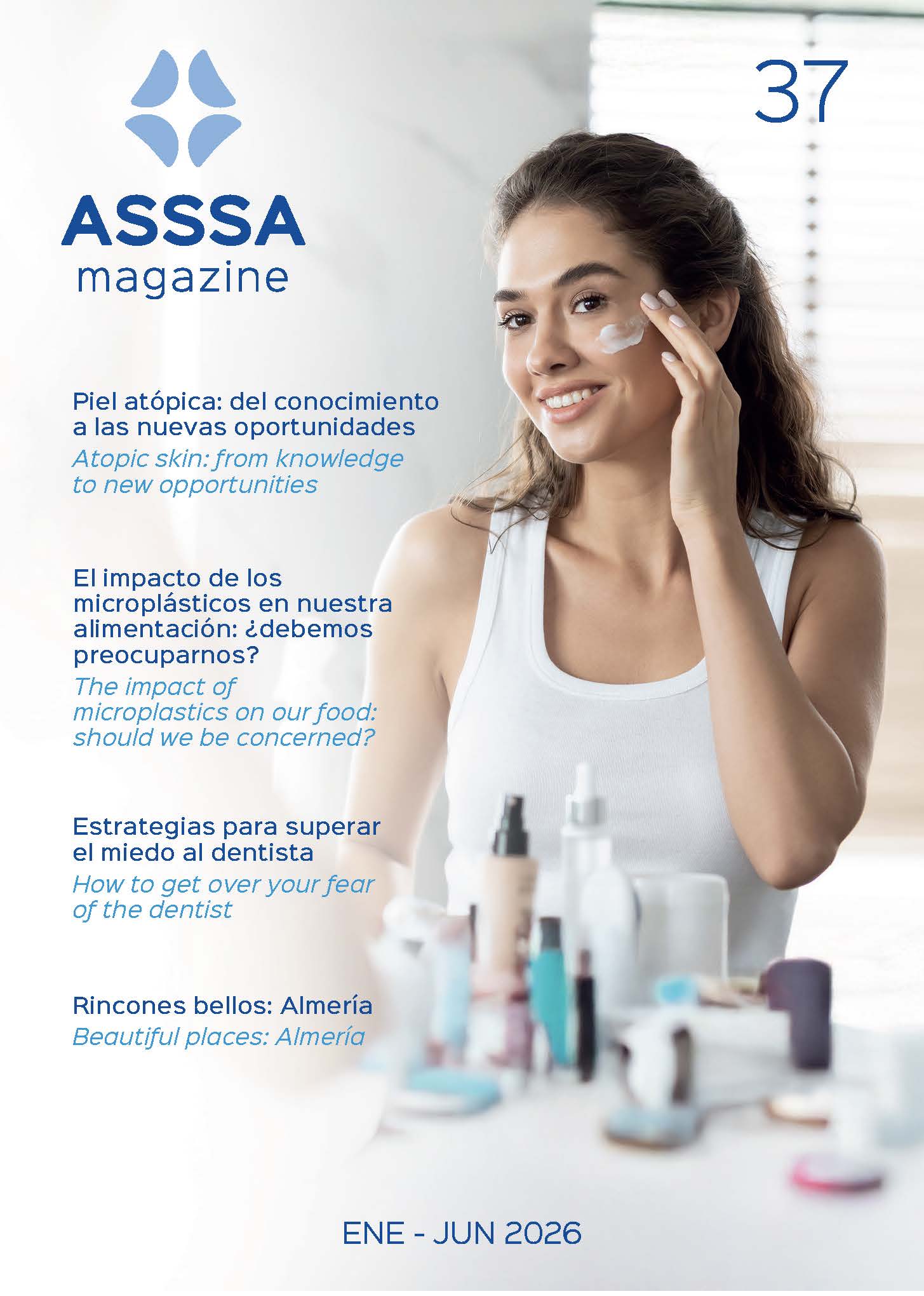
The aging process has recently acquired an impotant qualitative meaning. Retirement age should not be seen as a new stage which one faces after undertaking our life’s misión, but rather a gradual process of our lives, always intimately linked to our personal deveolpment.
Our lifetime is a single trajectory which passes through different stages, each one resulting of the previous one and all interconnected. Nevertheless, on the social level, this stage presents some differential characteristics which make retirement age not merely another phase of life, but rather a discriminatory stage which is sometimes socially uncomfortable.
We live in a society which discriminates old age. Society as a whole is responsable for making progress, in psychological terms, along this idea.
To know how to adapt, pursue personal deveolpment, seek an equilibrium after one’s retirement or within the aging process are factors which should be part of the process, as once were adolescence, the choice of one’s profession or the decision to have children. Surely, we are not going to overlook the fact that we are referring to the final stages of one’s life, but these must play a very important role, and for which we musst be prepared. We must take advantage of this culminating momento of our lives and particpate in an active society, improving our personal and social dvelopment.
A TAILOR-MADE FUTURE
One of many people’s most feared moments is the need to leave one’s home to move into and old people’s home, or what’s worse, that this decisión is taken by ohters for you. Yet, one must admit that there arrivees a time when there is no other solution, or, is there perhaps?.
One must acknowledge that the availability of residential homes, both public and private, is considerable, and is without a doubt a good alternative for a large part of society.
Now then, there are a large number o folder persons who neither wish nor need to leave their homes. For some it is a traumatic decisión to leave one’s surroundings and accept the idea thta it is “for good”. It’s not just another move in our life, it’s the definitive one, and on this occasion we don’t need a mover because luggage is minimal.
If the aged person does not whish to his/her surroundings, say goodbye to his/her memories, what resources are available for that person to maintain a certain quality of life when one’s age and strenght do not respond as usual?
To address these circumstances, the innovative and voctional profession of the HOME VISITING ASSISTANT has emerged. This person renders the services necessary to cover this highly gratifying alternative.
This assistant visits the thome of the Client to provide personal or domestic caretaking which the older person needs and my no longer manage on one’s own. Or else, without implying a real dependency, provides help with routine activities which become more difficult to carry out. Older persons Will feel satisfied in keeping their home and lives perfectly organised without requiring any effort.
The trust that the elderly person has in the caretaker is essential, and company offering these services must guarantee the proper development of this relationship by providing the right person, adapted to the Client’s needs and personality. The objective is to care for the elderly person’s wellbeing while always respecting his/her desires and right to request these.
We are dealing with a very important phase of life and one does not need to resign from the freedom to choose how to experience it. One’s happiness depends on this. All the stages of our lives deserve to be lived to the fullest.
Rosa Valcárcel. Director of ASISMA.
ASSSA Medical Services
The information published in this media neither substitutes nor complements in any way the direct supervision of a doctor, his diagnosis or the treatment that he may prescribe. It should also not be used for self-diagnosis.
The exclusive responsibility for the use of this service lies with the reader.
ASSSA advises you to always consult your doctor about any issue concerning your health.












